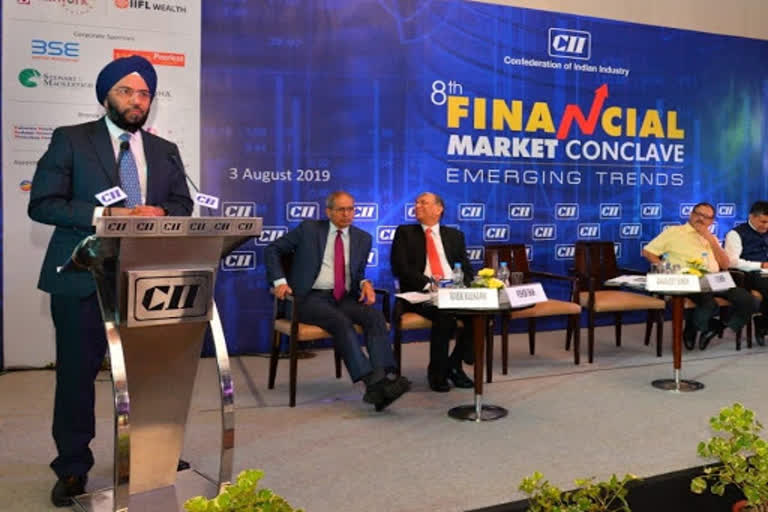Kolkata: Securities and Exchange Board of India (SEBI) on Saturday expressed concern over related party transactions, a method "frequently" employed by corporates for diversion of funds.
The capital markets regulator also said another means of such diversion was an extension of loans.
"Related party transactions are being frequently used for diversion of funds by corporates. Another instance is the extension of loans of companies to related parties. The list is endless. This really bothers the regulator", SEBI's Executive Director Amarjeet Singh said.
Speaking at the Financial Market Conclave organized by CII here, he said these practices should be discontinued in the interest of listed companies, promoters, and related parties.
Singh said fraudulent related party transactions were being used for "siphoning of funds".
Read More: Lenders extend Jet sale deadline by a week to August 10
Singh said that regarding corporate governance, there had been a decline of trust for which SEBI had already initiated steps.
"Serious corporate governance issues witnessed a linear rise causing a number of company failures. Corporate governance is aimed at keeping the trust of various stakeholders. Learning from the global financial crisis, this was far from satisfactory", Singh said.
There had also been instances of non-disclosure of valuation reports, he said adding that the companies resorted to complex structures to hide risk for siphoning of funds.
In this context, he said SEBI was enhancing monitoring of compliances along with the stock exchanges.
"SEBI had prescribed standard operating procedures (SOP) for dealing with non-compliances, which can lead to freezing of shareholding of promoters and suspension of trading in stocks", he said.
Singh said "the regulators can go up to a point. It was incumbent upon the managements for sticking to compliance and key management... professionals should show strong independence of mind to stand up to any wrongdoings".



